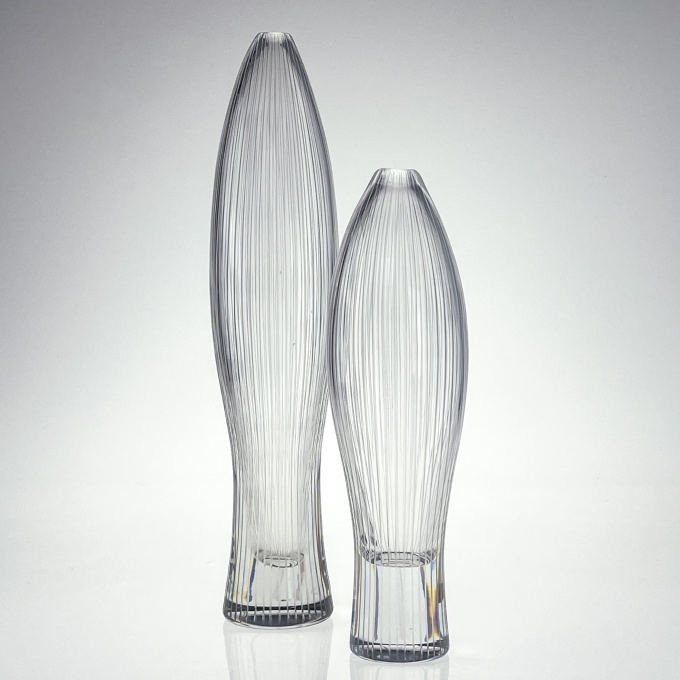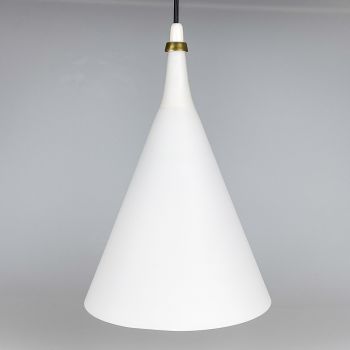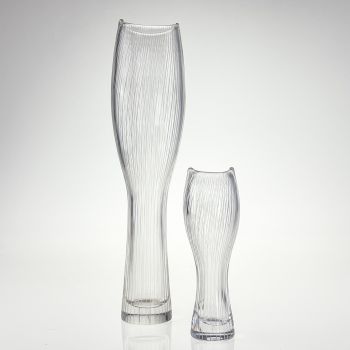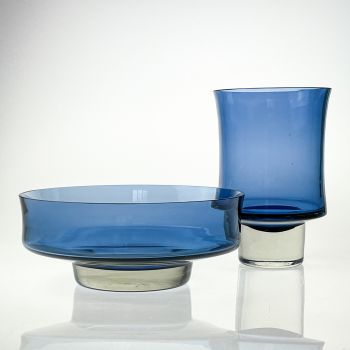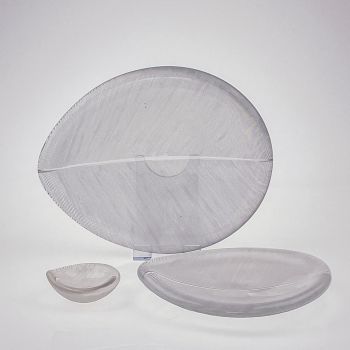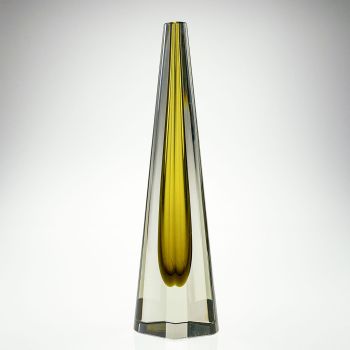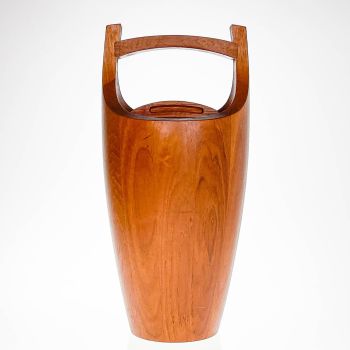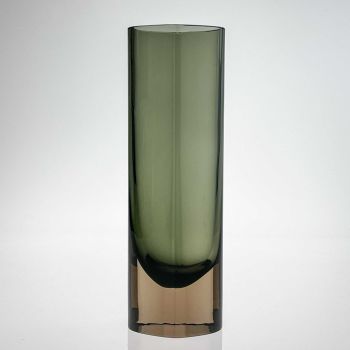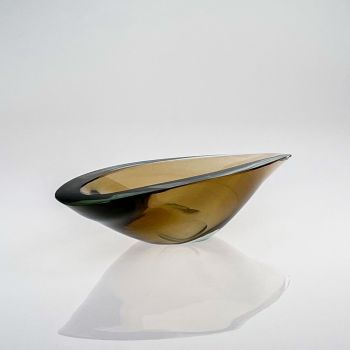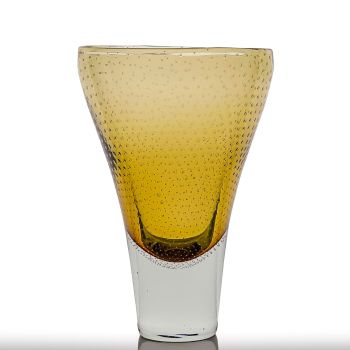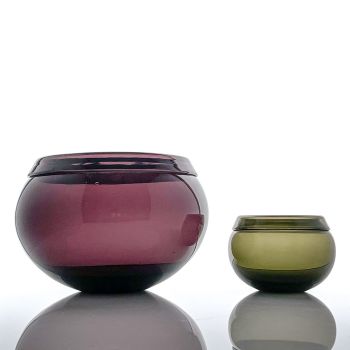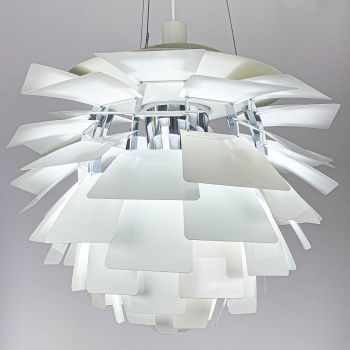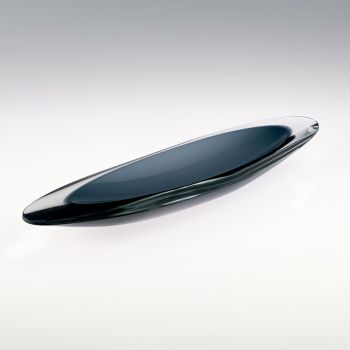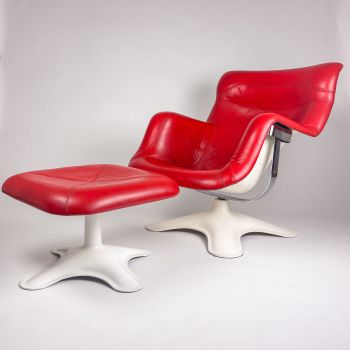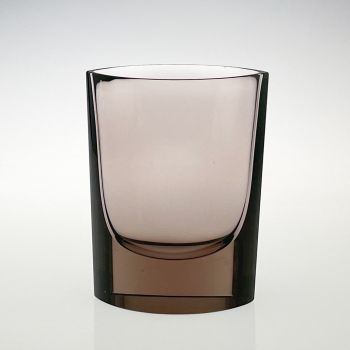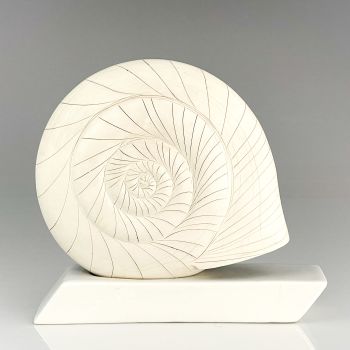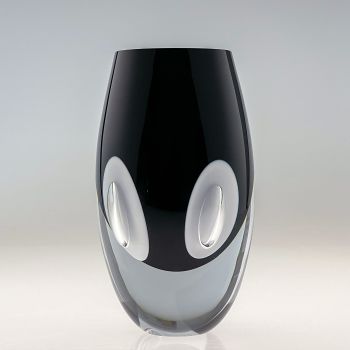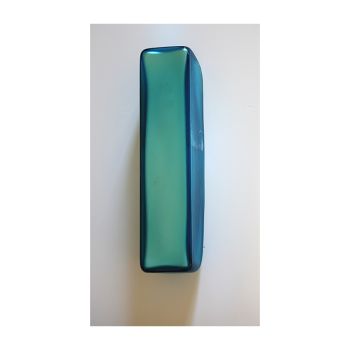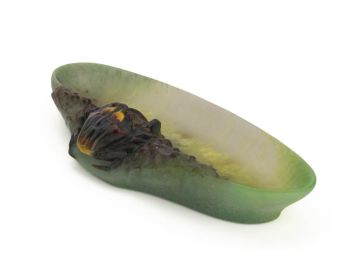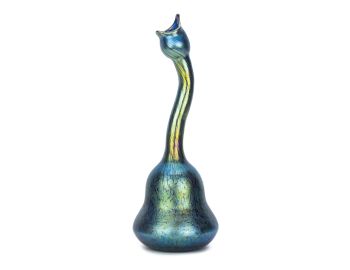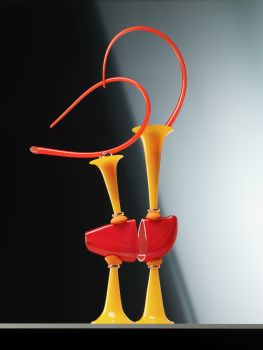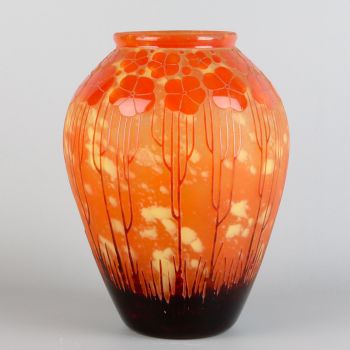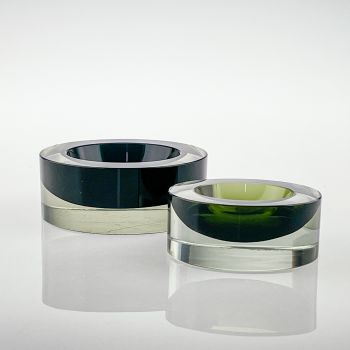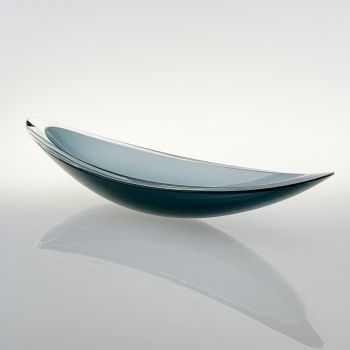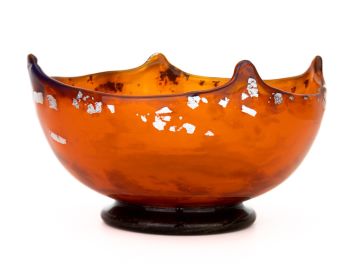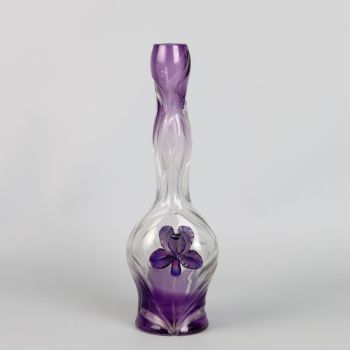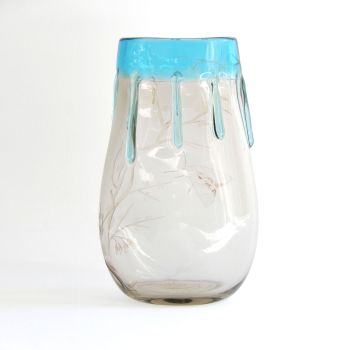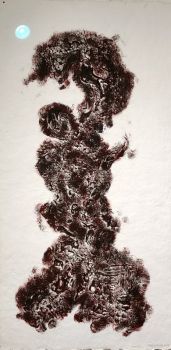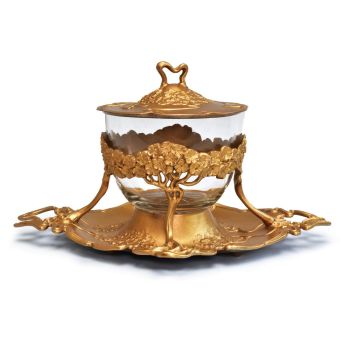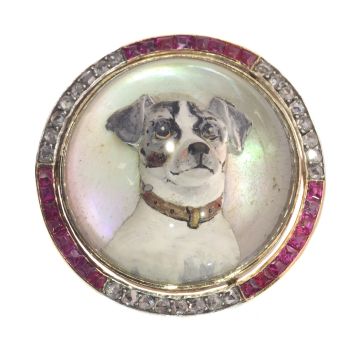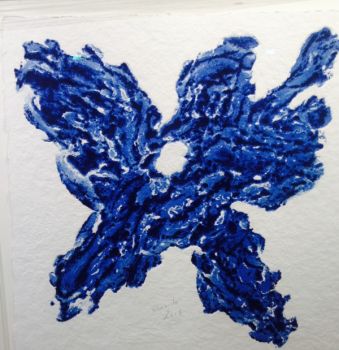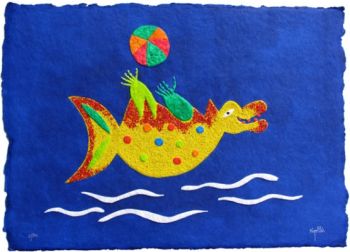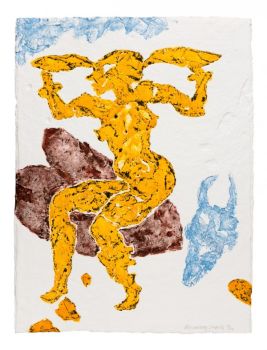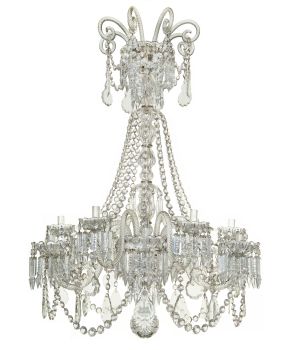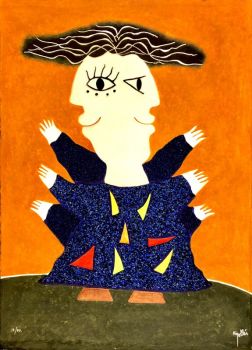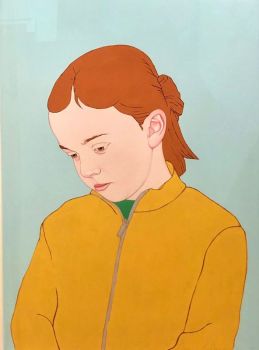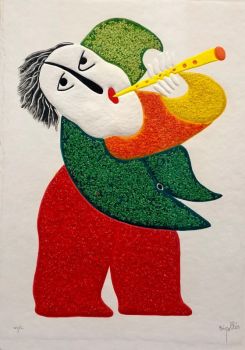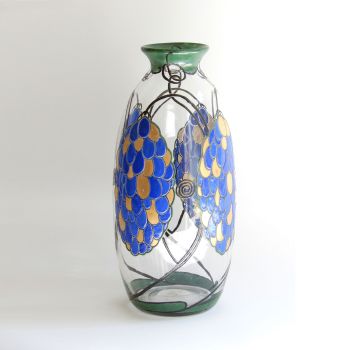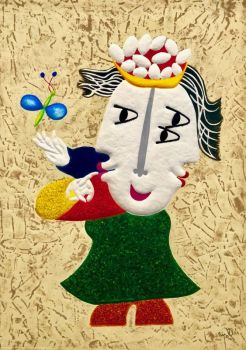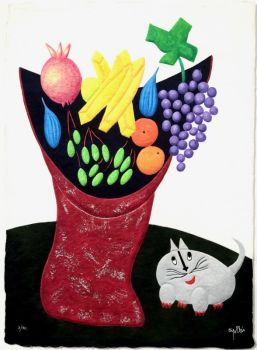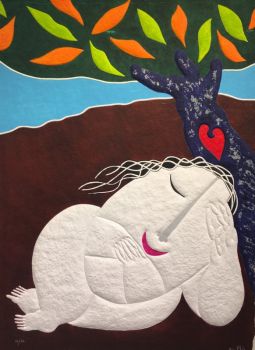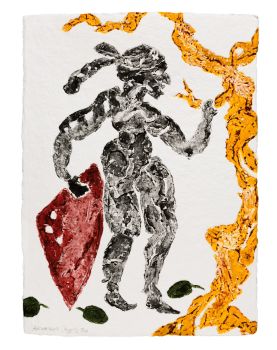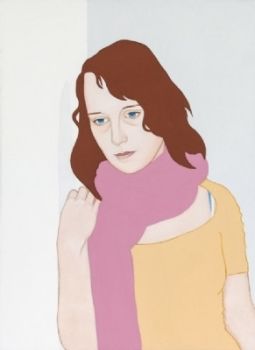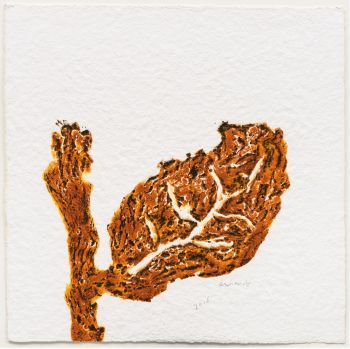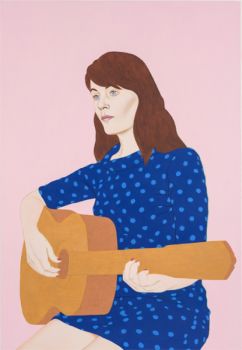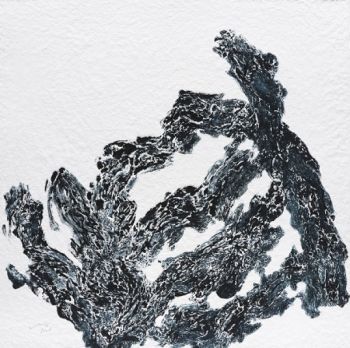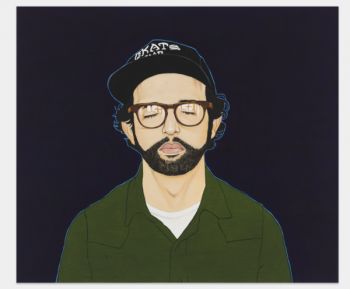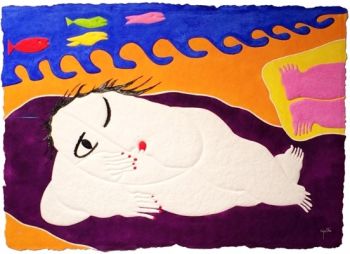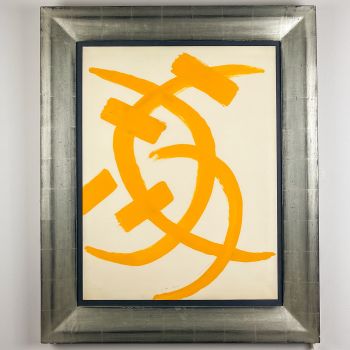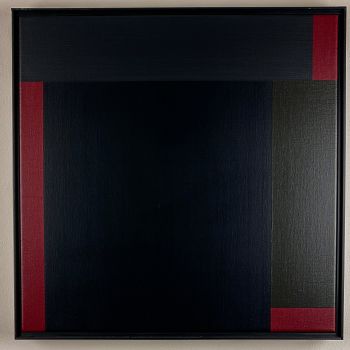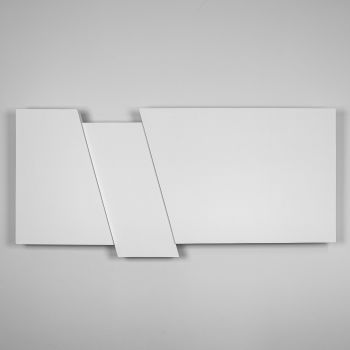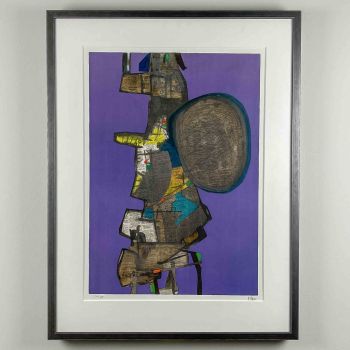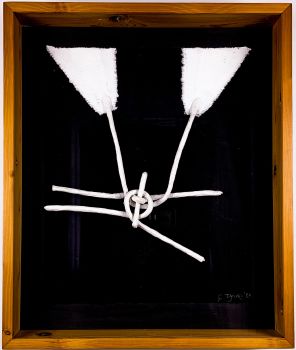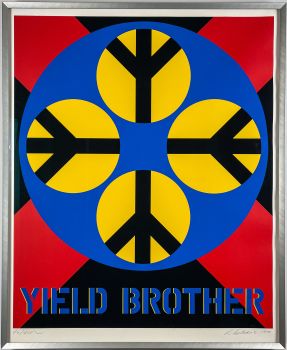A rare set of both sizes crystal Art-object, model 3561 – Iittala, Finland circa 1955 1954 - 1955
Tapio Wirkkala
DruckKristallGravurEdelstein
35 ⨯ 7 ⨯ 7 cm
ConditionGood
€ 3.375
Van Kerkhoff Art
- Über KunstwerkTwo turned mold-blown crystal Art-object with vertical cut lines. These Art-objects are model 3561 in the oeuvre of Tapio Wirkkala. It was designed in 1954 and handmade by the craftsmen at the Iittala glassworks in Finland in 1954 or 1955.
The inspiration for this model – like most of Wirkkala’s designs – came from Nature. Like the “Cantharel” and “Boletus” – designed by Wirkkala in the same period – this model resembles a wild mushroom.
These art-objects were made in two sizes and only for a very short time: from 1954-1955. This therefor being a rare complete set of both sizes. They are signed in diamondpen underneath the base: Tapio Wirkkala – Iittala. The largest one is also dated (1955).
Condition
These art-object are in good vintage condition. Some minor scratches underneath the base consistent with age and use. One minute "fleabite" on the largest vase. No cracks or chips.
Literature
Marianne Aav, Tapio Wirkkala eye, hand and thought: p. 304
Dimensions
Largest size
Height 35 cm
Width 7,6 cm
Depth 7,1 cm
Weight 1233 grams
Smallest size
Height 26 cm
Width 7.5 cm
Depth 6.2 cm
Weight 731 grams
About Tapio Wirkkala
Tapio Wirkkala (1915 Hanko, Finland – 1985 Helsinki, Finland) A giant of Finnish design, Wirkkala was an artist of great diversity for whom no material was alien and who left no area of design unexplored.
A glass design competition held by the Iittala glassworks in 1946 was the event that set his career in motion; the first prize went jointly to Wirkkala and Kaj Franck.
With an oeuvre that ranges from exceptionally beautiful pieces of glass art to industrial design in the form of beer bottles and banknotes, Wirkkala also designed jewellery, sculptures, and furniture.
The recipient of many awards, honorary titles, and a doctorate, Wirkkala won three Grand Prix medals at the Milan Triennale in 1954 and an additional Grand Prix medal and gold medal at the Milan Triennale in 1960. - Über Künstler
Tapio Wirkkala (1915-1985) war ein vielseitig begabtes Designgenie, das weithin als eine führende Persönlichkeit der modernen finnischen Industriekunst angesehen wird. Das breitgefächerte Portfolio von Wirkkala reicht von Glas-, Möbel- und Produktdesign über Skulptur, Stadtplanung, Kunst, Grafik bis hin zur Erstellung von Banknoten für die finnische Schatzkammer.
Während seiner unglaublich produktiven Karriere erhielt Wirkkala zahlreiche Auszeichnungen, darunter drei Goldmedaillen bei der Mailänder Triennale, den Lunning-Preis, die Pro Finlandia-Medaille und die Prinz-Eugen-Medaille.
1946 gewann Wirkkala seinen ersten Designpreis bei einem von Iittala gesponserten Wettbewerb, der eine lebenslange Beziehung mit nachhaltigen Auswirkungen auf seine Karriere und das Unternehmen markieren sollte. Als künstlerischer Leiter von Iittala trug Wirkkalas einzigartige künstlerische Vision dazu bei, den weltweiten Ruf des Unternehmens zu etablieren.
Während seiner legendären Karriere schuf der einzigartig talentierte Künstler mehr als vierhundert Glasobjekte für Iittala, von denen viele, wie die Serien Ultima Thule und Tapio, bis heute beliebt sind.
Sind Sie daran interessiert, dieses Kunstwerk zu kaufen?
Artwork details
Related artworks
- 1 - 4 / 8
- 1 - 4 / 24
Amalric Walter
Amalric Walter & Henri Bergé – Crabe plumier1920 - 1929
Preis auf AnfrageAntiques Emporium
Johann Loetz (Lötz) Witwe Klostermühle
Johann Loetz Witwe – Ausfuehrung 146 Titania vase – 19121910 - 1919
Preis auf AnfrageAntiques Emporium
Unbekannter Künstler
François-Théodore Legras – Tall “Fleurs de Pommier” apple blossoms vase1900 - 1909
Preis auf AnfrageAntiques Emporium
Demetre Chiparus
Demetre H. Chiparus – Bronze Art Deco statue “Rapture” – Édition Etling, Paris1920 - 1929
Preis auf AnfrageAntiques Emporium
1 - 4 / 24- 1 - 4 / 24
- 1 - 4 / 12

